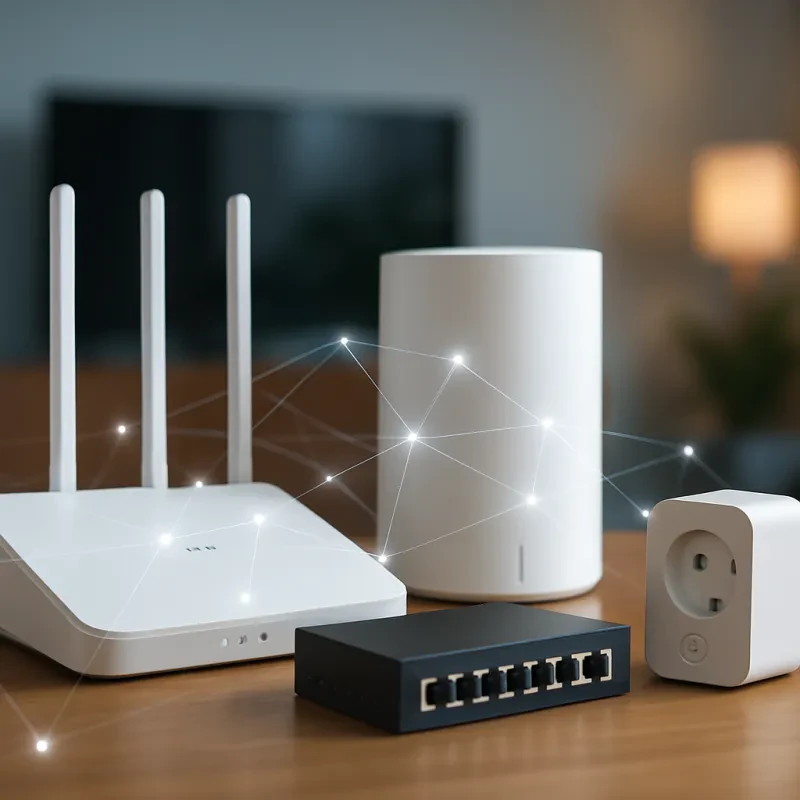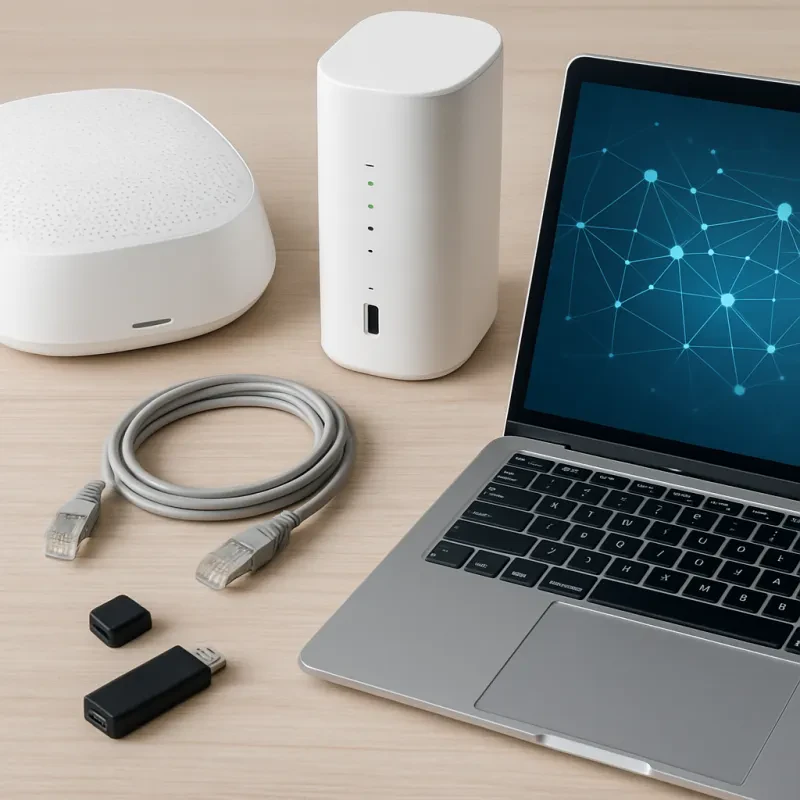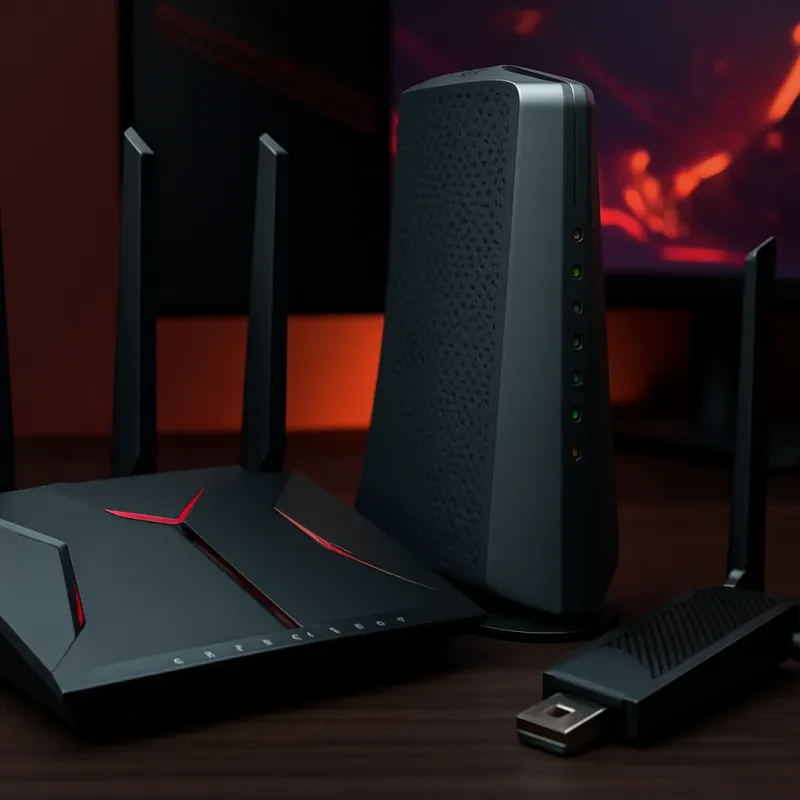Wireless technology has revolutionized the way businesses operate, providing unparalleled flexibility and efficiency. One of the biggest benefits of wireless technology is the freedom it offers employees to work from anywhere. Whether you're in the office, at a client meeting, or even working from home, wireless technology allows you to stay connected and productive at all times.
In addition to increasing flexibility, wireless technology also helps businesses save time and money. With wireless networks, there's no need to deal with the cost and hassle of running cables throughout your office space. This not only saves on installation costs but also allows for easier scalability as your business grows and evolves. With wireless technology, employees can quickly set up workstations and access the network without the need for a technician to install cables.
Furthermore, wireless technology promotes collaboration and teamwork among employees. With wireless connectivity, employees can easily share files, communicate, and collaborate on projects in real-time. This seamless communication leads to increased productivity and innovation within the workplace. By embracing wireless technology, businesses can stay ahead of the curve and adapt to the ever-changing demands of the modern workforce.
Why Wired Connections Are Still Relevant
Another key benefit of wired connections for businesses is speed. Wired connections typically offer faster speeds than wireless connections, making them ideal for bandwidth-intensive tasks such as video conferencing, large file transfers, and data backups. This can help improve productivity and efficiency within the workplace, allowing employees to complete tasks more quickly and effectively.
Security is also a major consideration when it comes to choosing between wired and wireless connections for business. Wired connections are generally more secure than wireless connections, as data transmitted over a wired network is less susceptible to outside interference or hacking. For businesses that deal with sensitive information or confidential data, this added layer of security can provide peace of mind and help protect against potential cyber threats.
Overall, while wireless technology has its place in the modern world, wired connections continue to be a reliable and secure option for businesses looking to maintain a strong and efficient network infrastructure. By weighing the benefits of both wired and wireless connections, businesses can choose the best option to meet their specific needs and ensure smooth operations in the long run.
Factors to Consider When Choosing a Network
When it comes to choosing a network for your business, there are several important factors to consider. One of the first things to think about is the size of your company and the number of employees who will be using the network. For smaller businesses with only a handful of employees, a wireless network may be sufficient. However, for larger businesses with many employees who will be accessing the network simultaneously, a wired network may be more reliable and secure.
Another factor to consider is the type of devices that will be connecting to the network. While most devices nowadays are equipped for wireless connectivity, some older devices may require a wired connection. Additionally, if your business relies on devices that require a high level of security, such as point-of-sale systems or medical equipment, a wired network may be the best option.
The location of your business can also play a role in determining whether a wireless or wired network is best. If your business is located in a crowded area with many other wireless networks nearby, you may experience interference and slower speeds on a wireless network. In this case, a wired network may be more reliable. On the other hand, if your business is spread out over multiple buildings or floors, a wireless network may be more convenient and cost-effective.
Finding the Right Solution for Your Business
When it comes to choosing between wireless and wired solutions for your business, there are several factors to consider. Wireless technology offers the convenience of mobility and flexibility, allowing employees to work from anywhere within range of the network. This can lead to increased productivity and collaboration among team members. However, wireless networks are susceptible to interference and security risks, which may be a concern for businesses dealing with sensitive or confidential information.
On the other hand, wired networks are known for their reliability and consistent connection speeds. They also offer better security and are less vulnerable to interference. For businesses that rely heavily on data-intensive tasks, such as large file transfers or video conferencing, a wired network may be the best option. However, the installation and maintenance of wired networks can be costly and time-consuming.
Ultimately, the best solution for your business will depend on your specific needs and priorities. Consider factors such as the size of your team, the nature of your work, and your budget when making a decision. It may even be beneficial to combine both wireless and wired solutions to create a hybrid network that meets all of your business requirements. Regardless of which option you choose, it's important to regularly assess and update your network to ensure it continues to support your business growth and success.


